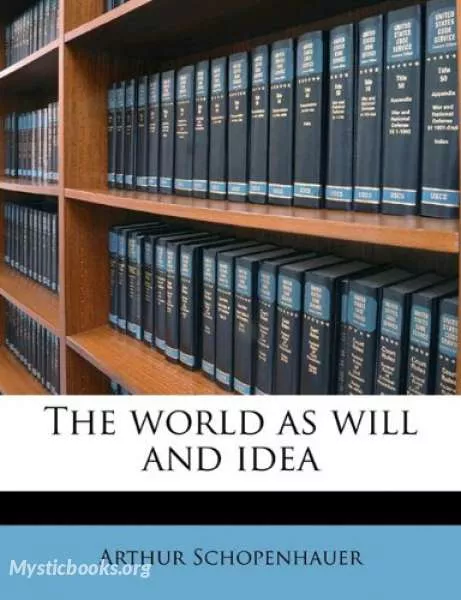
The World as Will and Idea, Volume 2
'The World as Will and Idea, Volume 2' Summary
In this work, Schopenhauer explains his fundamental idea that at the root of the reality we see around us is a Will that eternally, insatiably seeks to be satisfied. Each human Subject observes the Objects around her from the perspective of that fundamental Will working within each person. The human observer is distracted by the details of life and individual distinctions that obscure this Will; only by penetrating this “principium individuationis” (which is enslaved by the cause-and-effect tyranny of the Principle of Sufficient Reason) can the observer perceive the essential Thing-In-Itself. Art has the power to make us see the Thing-In-Itself, the Platonic Idea freed from the individual particular manifestation of it, thus enabling us to transcend the individual Will and perceive something of true Reality. Perceiving the common Will in all humanity, we are able to come closer to an ego-less love based on that shared essence. Schopenhauer squarely faces the fact that existence is fundamentally suffering, but it would be simplistic to label him (as is so often done) as nothing but a pessimist. His affirmation of Art and Love is a transforming principle, having a powerful influence on writers such as Tolstoy. In the end, he chooses the Way of Negation as the path toward peace; by denying our Will, by silencing the many outbreaks of Will in our lives, we can approach the ultimate peace of annihilation that is the theme of the great Vedic philosophy of India, to which Schopenhauer admits his profound debt.
Book Details
Language
EnglishOriginal Language
GermanPublished In
1818Authors
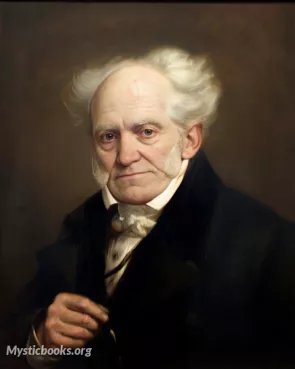
Arthur Schopenhauer
Germany
Arthur Schopenhauer was a German philosopher born on February 22, 1788, in Danzig (present-day Gdańsk, Poland). He is best known for his work "The World as Will and Representation", which was publishe...
Books by Arthur SchopenhauerDownload eBooks
Listen/Download Audiobook
- Select Speed
Related books
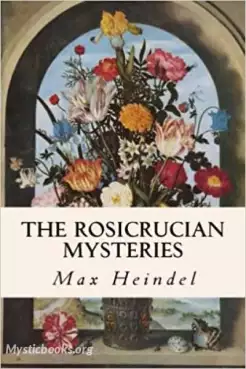
The Rosicrucian Mysteries by Max Heindel
A primer for those interested in the basic philosophy, beliefs & secrets of the Rosicrucians.
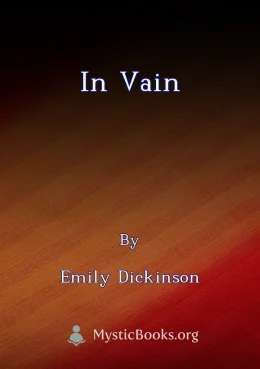
In Vain by Emily Dickinson
In Vain by Emily Dickinson is a collection of poems that explore the themes of death, loss, grief, and mortality. Dickinson's poems are often characte...
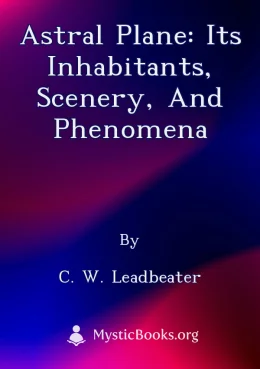
Astral Plane: Its Inhabitants, Scenery, and Phenomena by C. W. Leadbeater
This book is a guide to the astral plane, a realm of existence that is said to exist beyond the physical world. It provides information on the inhabit...
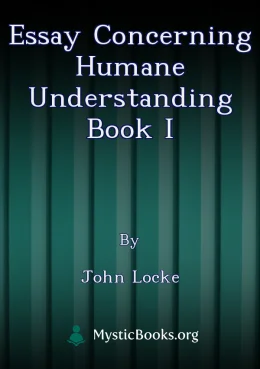
Essay Concerning Humane Understanding Book I by John Locke
John Locke's philosophical text posits an empiricist theory of knowledge which argues that one's ideas originate from experience, not from innate prin...
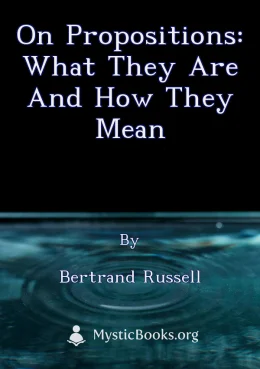
On Propositions: What They Are and How They Mean by Bertrand Russell
In 'On Propositions', Bertrand Russell explores the nature of propositions and their role in conveying meaning. He delves into the philosophical under...
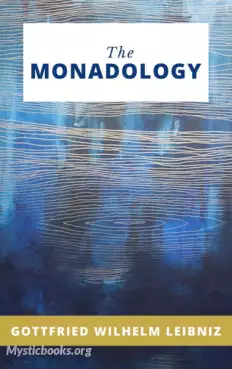
The Monadology by Gottfried Wilhelm Leibniz
The Monadology is one of Gottfried Leibniz's best known works of his later philosophy. It is a short text which presents, in some 90 paragraphs, a met...
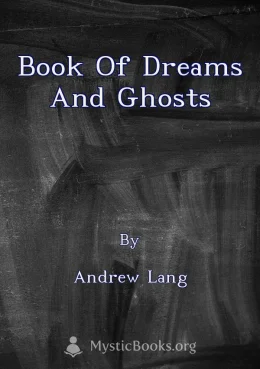
Book of Dreams and Ghosts by Andrew Lang
The Book of Dreams and Ghosts is a collection of 79 stories about ghosts and other supernatural phenomena, compiled by Andrew Lang. Lang was a Scottis...
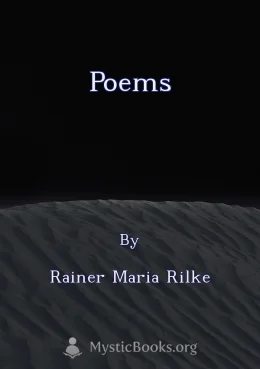
Poems by Rainer Maria Rilke
This compilation offers a selection of poems by Rainer Maria Rilke, translated into formal English verse. It aims to introduce readers to the poet's w...
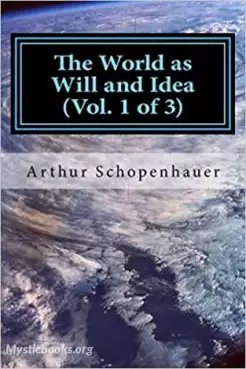
The World as Will and Idea, Volume 1 by Arthur Schopenhauer
The World as Will and Representation is the central work of the German philosopher Arthur Schopenhauer. The first edition was published in late 1818,...
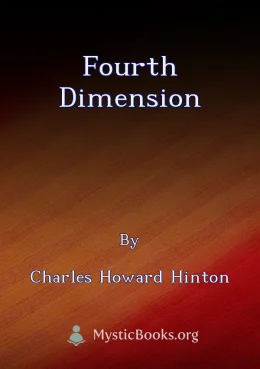
Fourth Dimension by Charles Howard Hinton
Published in 1912, "Fourth Dimension" by Charles Howard Hinton is an exploration of the concept of a fourth spatial dimension. Hinton attempts to make...
Reviews for The World as Will and Idea, Volume 2
No reviews posted or approved, yet...